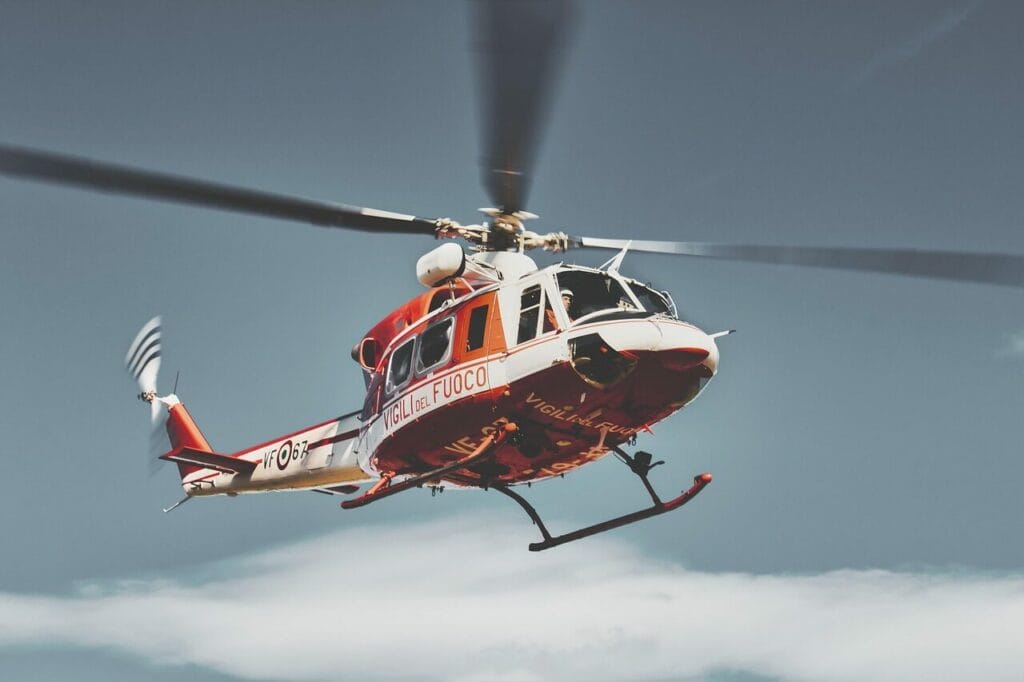As we welcome the first weekend of fall, the forecast predicts a wet start to the season, with consistent rainfall expected. The onset of the rainy season has raised concerns among the dedicated volunteer members of North Shore Rescue (NSR).
Allan McMordie, the Search Manager at NSR, reveals that the team responded to a total of 140 calls last year. With three months remaining in the current year, they are rapidly approaching and are expected to surpass that number by the end of 2025.
Over the past decade, the volume of emergency calls has risen, but advancements in technology have revolutionized rescue operations. Night-vision technology, helicopter assistance, and night-hoisting capabilities have significantly improved the efficiency of rescue missions.
In the past, extracting injured individuals from remote locations at night required extensive manpower and time. However, with the integration of modern technology, NSR can now swiftly hoist individuals to safety, reducing the duration of each rescue operation.
McMordie emphasizes the challenges posed by individuals excessively draining their cellphone batteries while exploring the backcountry. Many adventurers rely on their phones for navigation, photography, communication, and entertainment, resulting in drained batteries when emergencies arise.
To address this issue, McMordie advises hikers to carry essential tools like headlamps, backup navigation devices, and insulated phone cases to prolong battery life in cold weather conditions.
Furthermore, unreliable cell service in remote areas compounds the risks faced by individuals in distress. McMordie stresses the importance of leaving trip details with a trusted contact in the city to expedite rescue efforts in case of emergencies.
Recently, NSR successfully rescued a lost mountain biker in the Nanaimo region using a cutting-edge device called LifeSeeker, which functions as a mobile cell tower. This technology, acquired through community donations, enables NSR to pinpoint individuals in distress as long as their phones have sufficient battery and signal.
Despite these technological advancements, unfavorable weather conditions may necessitate ground rescues, prolonging the time required to complete a mission.

